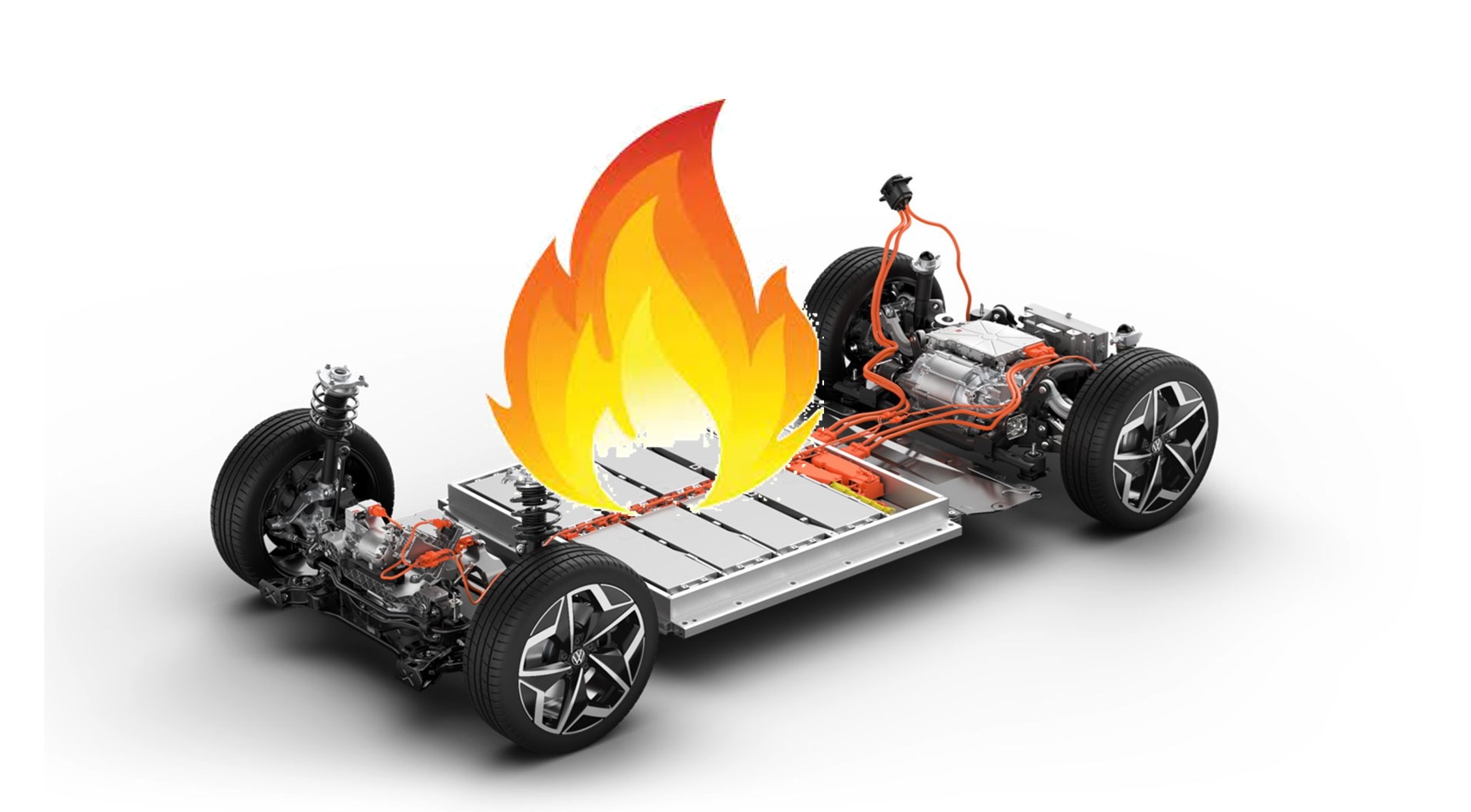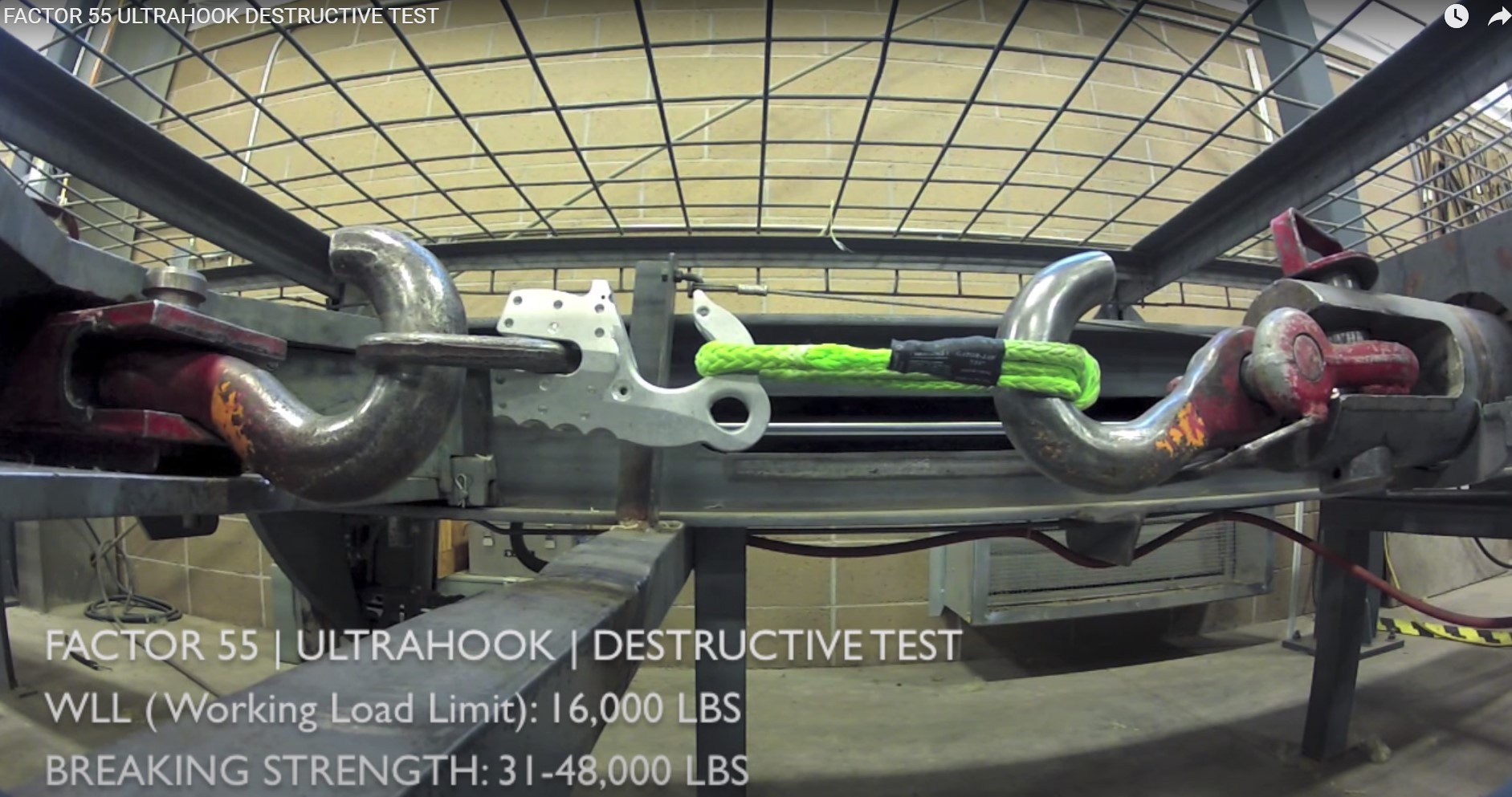
All about electric vehicle fires
Electric vehicles are taking over the automotive world, and much will change as a result. New ways of owning and operating a car, new thinking, new habits. And new risks.
Almost anything can catch fire, including vehicles whether they are propelled by petrol, diesel, or electricity. But what are the actual risks with EV fires?
As usual, the EV sceptics would have you believe that EVs are rolling bombs, and the pro-EV crowd would say there’s no risk at all. Of course, the truth is somewhere between the two and to discover the truth of EV fire risks I spoke to Emma Sutcliffe of EVFiresafe.com who has done more research than anyone else into the true risks, problems and potential solutions around fires in electric vehicles. She’s also an active firefighter so her experience isn’t just research-based.
You can see the full video below and there’s a chapter list in the description so you can jump to the topics of interest. Some key points:
- EVs are less likely to catch fire than ICE, but when they do catch fire, the fire takes longer to put out and more effort.
- EV fires burn much hotter than ICE
- battery damage can lead to EV fires
- the EV fleet age is young, so there’s not a lot of data to work with
- newer ICE vehicles are less likely to catch fire, so comparisons cannot be fairly made across all ICE vehicles
- there is a risk of fire-reignition from EVs which doesn’t really happen with ICE
- the risk of electrocution from EVs and water fire suppressant is tiny to non-existent
- first responders need specific training, skills and equipment to deal with EV fires effectively
- the state of charge of an EV has an effect on the fire intensity
And much, much more in the video!
Want to know how well EVs tow? Watch this analysis:


